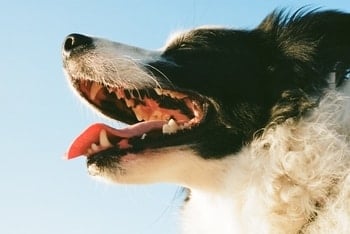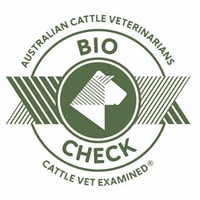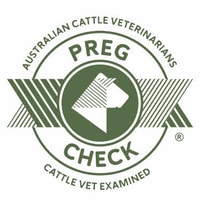
Hot-spots are a common problem amongst dogs, and some breeds like golden retrievers, labradors, and rottweilers may be more susceptible to these than others.
What is a hot spot?
A hot-spot can otherwise be known as a ‘moist skin rash,’ acute moist dermatitis, or pyotraumatic dermatitis. It is an area of skin or lesion that looks red, inflamed, and may have matted hair on or around it, and sometimes slimy discharge. They develop very quickly and can progress within hours.
Usually, they can be found around the dogs:
- Head
- Neck
- Tail/backside
What causes hot-spots?
- Flea infestation
- Ear infections
- Allergies
- Warm & humid weather
- Wet fur against the skin (for long periods – i.e. under the collar after swimming)
- Underlying medical conditions
These issues promote bacterial growth, making the area very itchy and potentially sore.
While being relatively easy to spot, your pet will likely alert you to the hot-spot with excessive scratching and licking if the area is within reach.
How are hot-spots treated?
To treat a hot-spot, we will:
- Trim the fur from around the area
- Clean the area with an antiseptic
- Use antibiotics and/or anti-inflammatory treatments
In some cases, ongoing use of antibiotics and/or anti-inflammatory treatments may be required to treat the infection and allow the skin to heal properly. Hot-spots may be sensitive or painful to treat, and we may recommend a general anaesthetic if appropriate.
Due to the fast-moving nature of these infections, we recommend you bring your dog to see us as soon as possible if you suspect a hot-spot is forming. The quicker we can treat your dog, the less chance the hot-spot has of becoming large, difficult to treat, and painful.
If you have any questions or want to make a booking, call us on 07 4693 2233, email us info@pittsworthvetsurgery.com.au, or book online today.
RELATED ARTICLES
Coronavirus and Pets
Worried about your pet and Coronavirus? We know some of our pet owners are concerned about Coronavirus (COVID-19) and can it be passed to pets? Here is some information to help.What you need to know about COVID-19 and your pets? A report of a Pomeranian in Hong Kong...
Rat Bait Toxicity
During the cooler months we see more animals presenting to the clinic with Rat Bait Toxicity. As many are aware, baits designed to eradicate rodents have anticoagulants in them which essentially means they impair our pets ability to clot their blood. This means that a...
Arthritis
Dog and Cat Arthritis Tips Arthritis is a very common condition in both dogs AND CATS! Here are some easy tips that you can do at home to ease your pets discomfort. Ensure they have soft bedding to lie on - hard cold floors exacerbate problems Ensure exercise is...
Dental Care
Did you know 85% of animals over 3 years of age have some form of dental disease?Why is it important? We cannot stress enough how important dental care is to our pets. Dogs and cats instinctively do not show pain, as this is a sign of weakness making them vulnerable....
RELATED
ARTICLES

Coronavirus and Pets
Worried about your pet and Coronavirus? We know some of our pet owners are concerned about Coronavirus (COVID-19) and can it be passed to pets? Here is some information to help.What you need to know about COVID-19 and your pets? A report of a Pomeranian in Hong Kong...

Rat Bait Toxicity
During the cooler months we see more animals presenting to the clinic with Rat Bait Toxicity. As many are aware, baits designed to eradicate rodents have anticoagulants in them which essentially means they impair our pets ability to clot their blood. This means that a...

Arthritis
Dog and Cat Arthritis Tips Arthritis is a very common condition in both dogs AND CATS! Here are some easy tips that you can do at home to ease your pets discomfort. Ensure they have soft bedding to lie on - hard cold floors exacerbate problems Ensure exercise is...

Dental Care
Did you know 85% of animals over 3 years of age have some form of dental disease?Why is it important? We cannot stress enough how important dental care is to our pets. Dogs and cats instinctively do not show pain, as this is a sign of weakness making them vulnerable....
Call Us Today To Discuss Your Animal Needs
Business Hours Phone: 07 4693 2233










